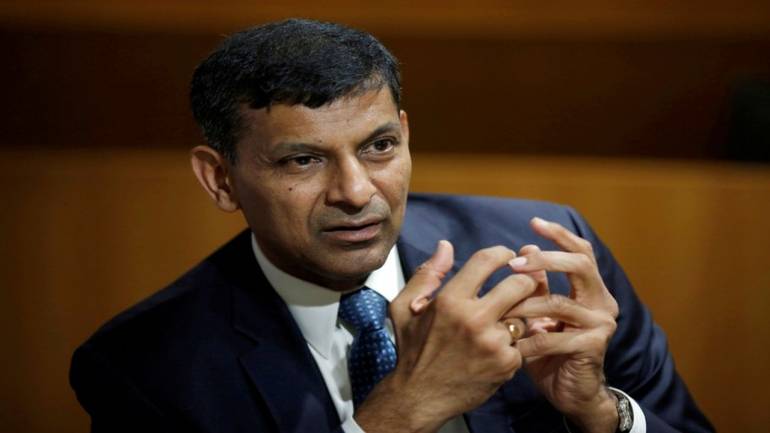
Former RBI governor Raghuram Rajan expresses that the current condition of the economy is “very worrisome.” According to him, pressing reforms are required in order to boost the economy and energise the private sector to invest. Other than that the current way of GDP calculation also needs to be revised.
Rajan told CNBC TV18:
“There are a variety of growth projections from the private sector analysis, many of which are perhaps significantly below government projections and I think certainly the slowdown in the economy is something that is very worrisome.”
Recently, the Monetary Policy Committee lowered its growth forecast FY20 to 6.9% from 7% in the June policy.
Rajan also highlighted the research paper published by the former chief economic advisor Arvind Subramanian at Harvard University. The research paper claimed that the GDP growth in India was overstated by 2.5% points per year in the post-2011 period.
To put it in other words, the actual growth has been very tepid 3.5 to 5.5 percent against a reported average growth of 6.9% between 2011 and 2016. According to Rajan:
“We need a fresh look from an independent group of experts at the way we compute GDP and makes sure that we are not in a sense having GDP numbers that mislead and cause the wrong kinds of policy actions.”
This is not the first time that the former RBI governor has expressed his opinion about India’s economic data after the GDP methodology was restructured by the government. He told India Today TV in March:
“India’s tinkering with lead economic indicators and suppression of discomforting economic data is prompting global economists to play an independent index for the country.” He also explained, “Some people are developing a Li Kequiang index for India because they are no longer paying attention to the GDP numbers.”
The Li Keqiang Index is named after the economists who created it. he as the former head of China’s Liaoning province who did not have trust in government statistics and therefore followed his own index of broad industrial indicators that couldn’t be easily fudged such as consumption of electricity and railway volume.
Rajan also believes that:
“A fresh set of reforms are now needed to boost the economy and energise the private sector to invest. He added it was imperative to fix immediate problems such as those ailing the power sector and the non-bank financial sector post-haste and not in the next six months.”
